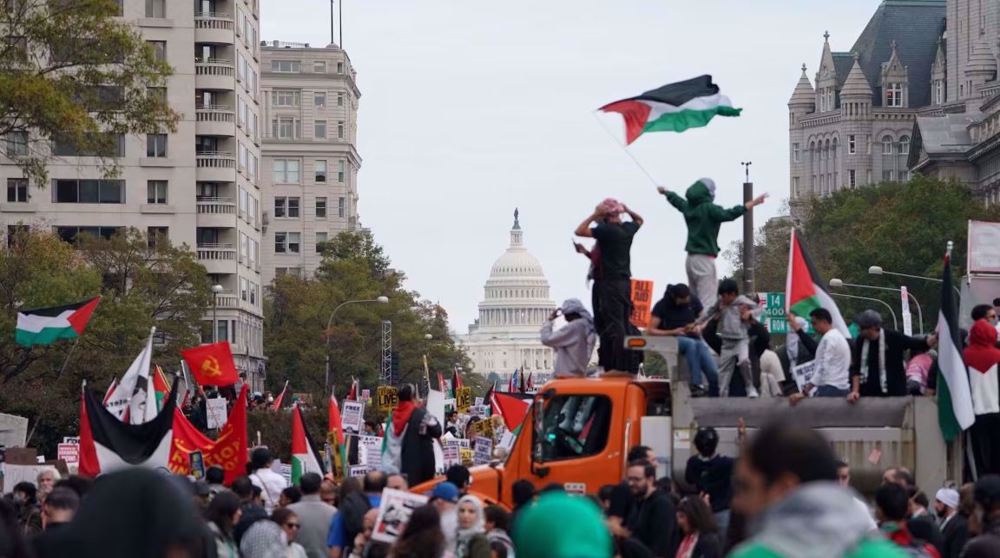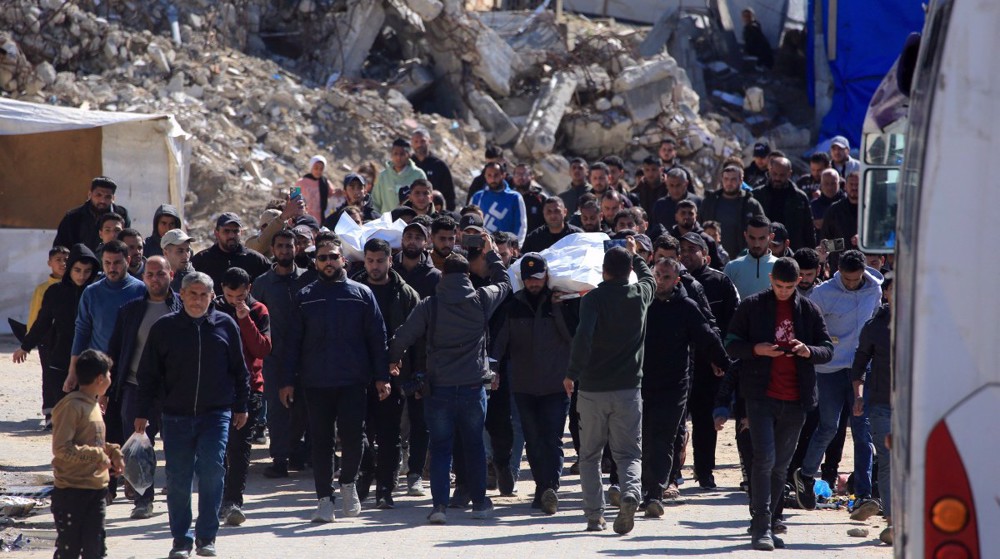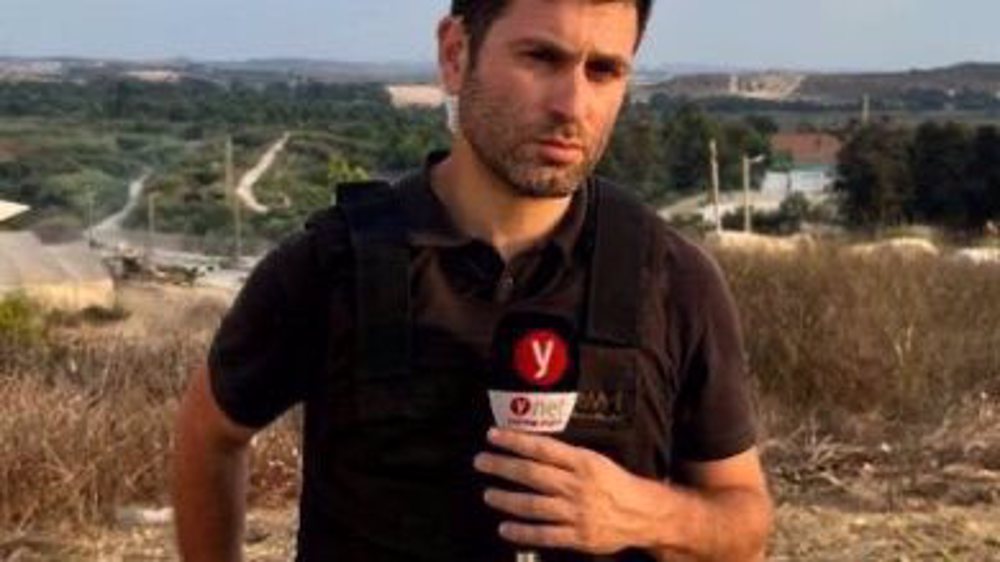Israel closes Ibrahimi Mosque to Palestinian worshippers
Israeli authorities have decided to close the Ibrahimi Mosque, in the heart of the occupied West Bank city of al-Khalil (Hebron), to Palestinians, Muslim worshipers and non-Jewish visitors for seven non-consecutive days.
Yousif Ideis, the Palestinian minister of endowment and religious affairs, said on Sunday that the sacred site will be closed to Palestinians and non-Jews on October 3, 4, 9, 12, 18, 19 and 26.
Israeli officials have said the shutdown is aimed at maintaining security in the wake of Rosh Hashanah (the Jewish New Year), Yom Kippur (The Day of Atonement), Sukkot (Feast of Booths) and Simchat Torah holidays.
Ideis added that dozens of illegal Israeli settlers broke into the mosque courtyard on Saturday night amid protection by Israeli troopers.
In the meantime, Israeli authorities are closing all passageways between the blockaded Gaza Strip and Israel, as well as between the occupied West Bank and Israel for Rosh Hashanah.
Israeli officials regularly impose stringent restrictions for Palestinians during Jewish holidays for alleged security purposes.
The constraints include denied access to the Ibrahimi Mosque, which is revered by Jews, Christians and Muslims and has been the site of violent tensions between Israelis and Palestinians for decades.
On February 25, 1994, at least 29 Palestinians were killed and 125 others wounded when American-Israeli Baruch Goldstein opened fire on a large number of Palestinian Muslims, who had gathered inside the Ibrahimi Mosque to say prayers during the holy fasting month of Ramadan.
The occupied territories have already been the scene of increased tensions ever since Israeli forces imposed restrictions on the entry of Palestinian worshipers into the al-Aqsa Mosque compound in East Jerusalem al-Quds in August 2015.
Nearly 250 Palestinians have lost their lives at the hands of Israeli forces since the beginning of last October.
Pezeshkian condemns ‘savage’ US-Israeli attack on school that killed nearly 90
Hezbollah, Ansarullah warn US-Israeli aggression on Iran to engulf entire region
Russia strongly condemns US-Israeli aggression on Iran, calls for UNSC meeting
US, Israel begin another foolhardy military adventure, but it’s Iran that will end it
IRGC launches new wave of retaliatory missile strikes on US bases across region
VIDEO | Iranian flotilla returns after BRICS naval drill in S Africa
Iran FM says school massacre in latest Israeli aggression ‘will not go unanswered’
Iran’s retaliatory attack completely destroys sophisticated US radar system in Qatar















 This makes it easy to access the Press TV website
This makes it easy to access the Press TV website